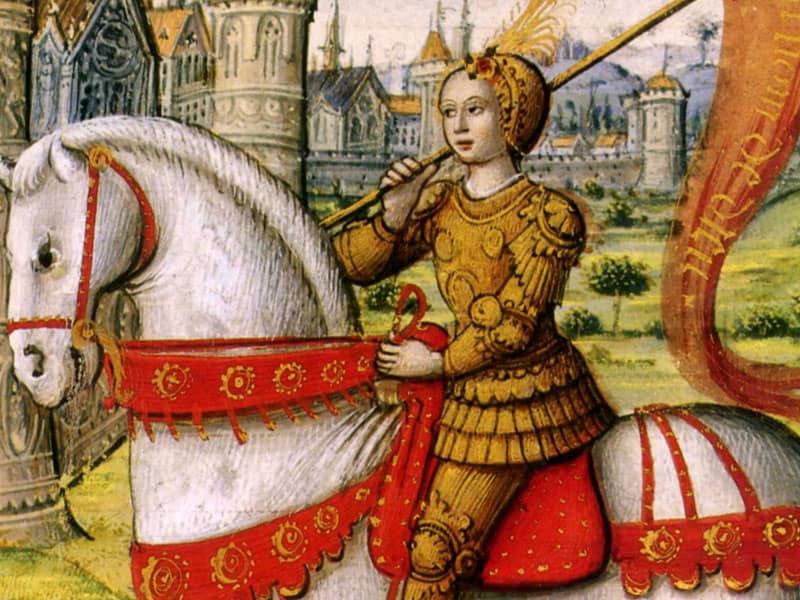The cramped and cruel methods used in the modern food industry, for example, may cross the line of morally acceptable treatment of animals, the official said in an article Dec. 7 in the Vatican newspaper, L'Osservatore Romano.
The article, titled ``For a More Just Relationship With Animals,'' was written by Marie Hendrickx, a longtime official of the Congregation for the Doctrine of the Faith.
She said that in view of the growing popularity of animal rights movements, the church needs to ask itself to what extent Christ's dictum, ``Do to others whatever you would have them do to you'' can be applied to the animal world.
The ``Catechism of the Catholic Church'' says it is legitimate for humans to use animals for food and clothing, and to domesticate them for work or leisure.
But Hendrickx pointed out that a small but significant change in wording was made between the catechism's first edition and its official Latin edition on use of animals for medical experimentation. Such experiments are now called morally acceptable only if they contribute to caring for or saving human lives.
Moreover, the catechism says that in general it is ``contrary to human dignity to cause animals to suffer or die needlessly.''
Hendrickx said the question today is whether ``the right to use animals to feed oneself implies raising chicken in cages that are each smaller than a notebook.''
Likewise, she questioned whether the right to dress oneself with animal skins meant it was morally acceptable to let fur-bearing creatures die slowly in traps from hunger, cold or bleeding.
Hendrickx also questioned treatment of animals in traditional spectacles that have survived into the modern age, like bull-fighting or ``throwing cats or goats off a bell-tower.''
She was referring to the tradition in a Spanish town of tossing a goat from a 50-foot bell tower into a piece of tarpaulin, to mark the beginning of the festival of St. Vincent, the town's patron saint. The town gave up the practice earlier this year after years of protest from animal rights groups.
She said that spectacles involving cruelty to animals are sometimes justified as ``cathartic'' acts that release collective aggression. But experience shows the opposite is true: where brutal spectacles are popular, aggression only seems to increase, she said.
Hendrickx said that in applying church teaching, Catholics should remember that causing suffering to animals should be avoided unless there are serious reasons to do so. Feeding oneself or one's family is a legitimate reason, but the sole motive of profit is not, she said.

